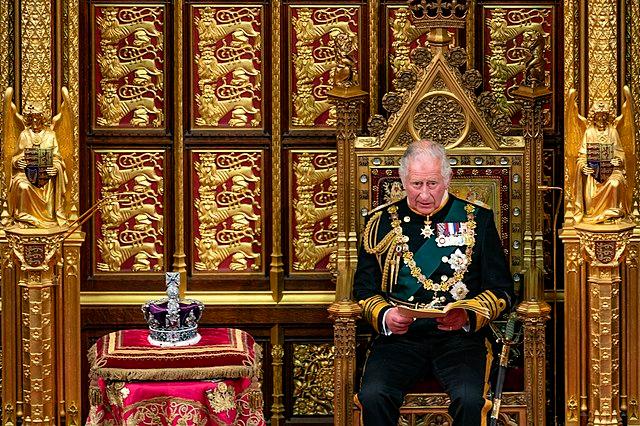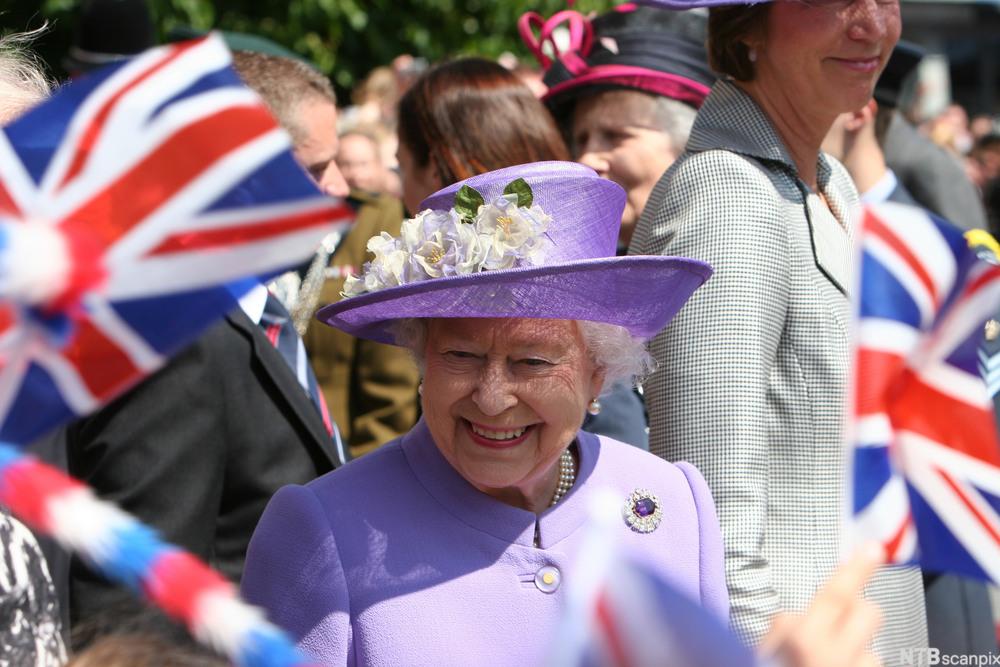Symbolic Power: the British Monarchy

Today (2022), King Charles III is king of the United Kingdom. He ascended the throne in September 2022 after the death of his mother, Queen Elizabeth II. The queen, who died at the age of 96, became the country's longest-serving monarch with 70 years on the throne. She ascended the throne in 1952 at the age of 25. In comparison, her son Charles was crowned King at the age of 73, making him the oldest person in British history to be king.
In addition to being head of state in the UK, King Charles is head of the Commonwealth of Nations, a voluntary association made up of (mostly) former British colonies. The Commonwealth includes 15 realms where he is recognised as head of state. These realms are Australia, Canada, New Zealand, Antigua and Barbuda, The Bahamas, Belize, Grenada, Jamaica, Papua New Guinea, Saint Lucia, Solomon Islands, St Kitts and Nevis, and St Vincent and the Grenadines.
Some of the government's executive power is theoretically and nominally vested in the sovereign and is known as the royal prerogative. However, the sovereign only exercises this power on the basis of advice from the prime minister or the Privy Council. Parliament can override any prerogative power by passing legislation.
The monarch's power may be limited, but they nevertheless serve important functions, for example advising the prime minister in weekly meetings, opening and suspending Parliament, accrediting British high commissioners and ambassadors, receiving guests from foreign states, and giving royal assent to new laws. The monarch is also the head of the armed forces (the Royal Navy, the British Army, and the Royal Air Force).

Queen Elizabeth II was a very popular monarch, and there has been concern that her descendants will not be able to live up to her legacy. This has led to debate in the UK whether monarchy is the right form of government for a modern country, and whether it would be time to explore alternatives. After the death of Queen Elizabeth, there have been calls for change, both in the United Kingdom and in the fifteen Commonwealth realms. The most recent nation to remove the monarch as head of state was Barbados, which became a republic in November 2021. With other countries like St. Lucia, Jamaica, and St. Vincent and the Grenadines all contemplating a similar fate, the future of the Commonwealth may look radically different to the one Queen Elizabeth II inherited in 1952.
Relatert innhold
Interactive tasks about the system of government in the UK.
Tasks about the system of government in the UK.